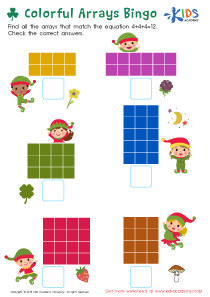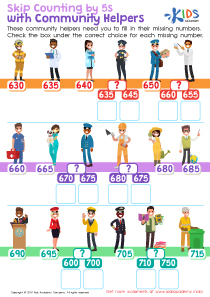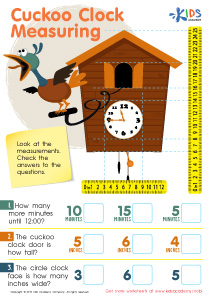Practical math application Grade 2 Math Worksheets
5 filtered results
-
From - To
Welcome to our Grade 2 Practical Math Application Worksheets! Designed to strengthen essential math skills, these worksheets engage young learners through real-life scenarios. Students will explore topics such as counting, basic addition and subtraction, money management, and simple measurements. Each worksheet is crafted to support critical thinking and problem-solving while making math fun and relevant. Our hands-on activities encourage students to apply what they’ve learned in practical situations, enhancing their understanding and confidence in math. Ideal for classrooms or at-home learning, our worksheets provide a great resource for parents and teachers to foster a love of math in their second graders.
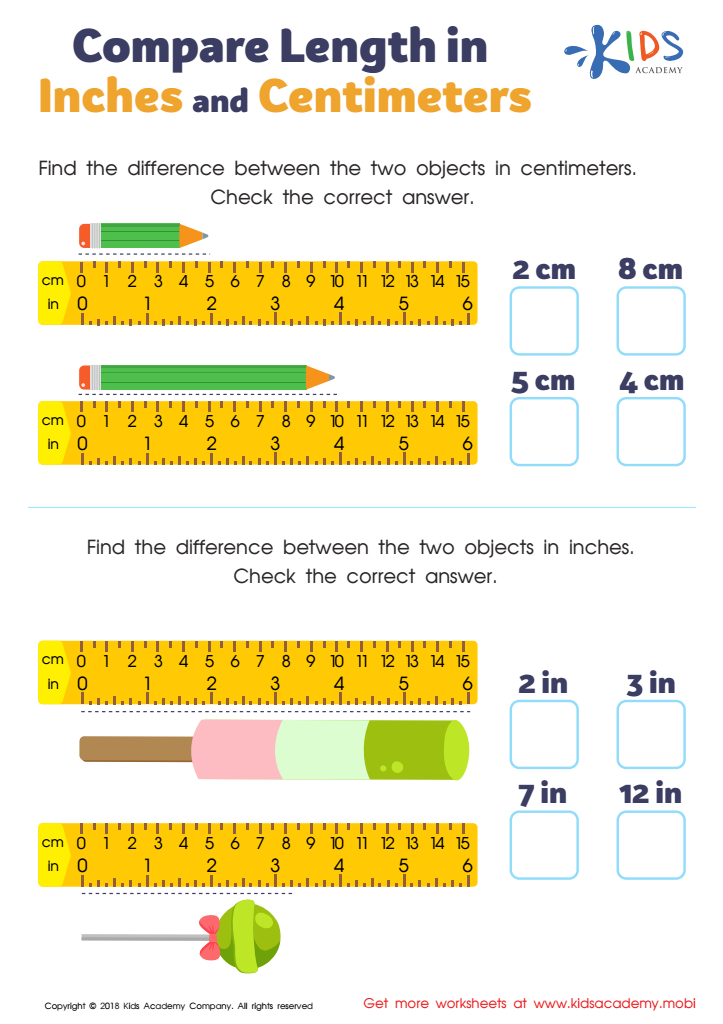

Compare Length in Inches and Centimeters Worksheet
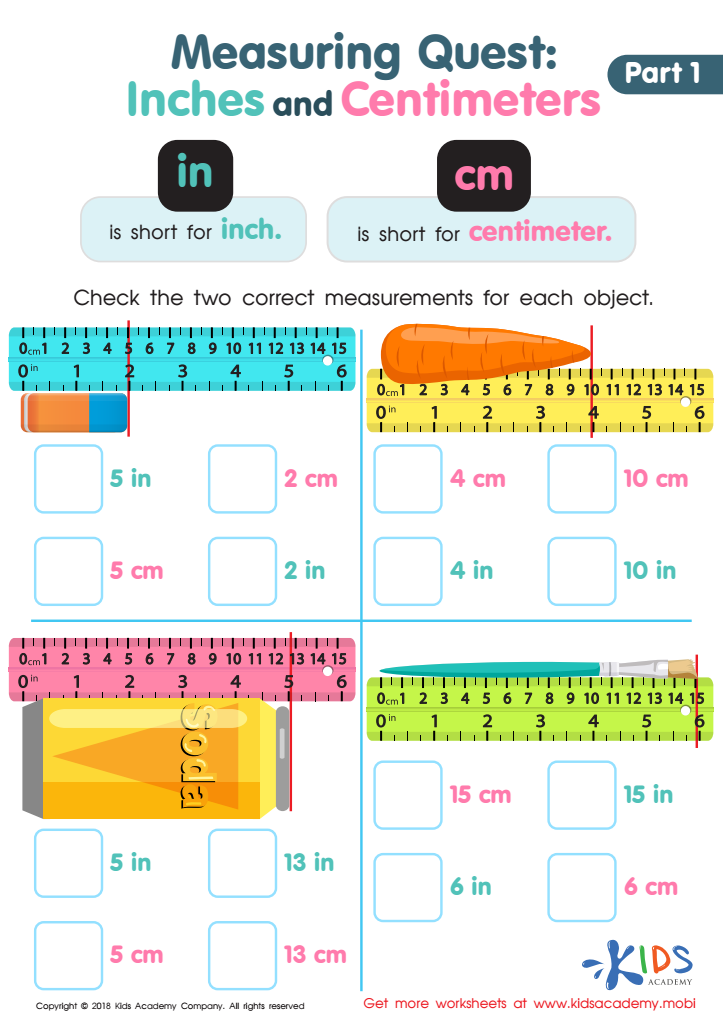

Measuring Quest: Inches and Centimeters Worksheet
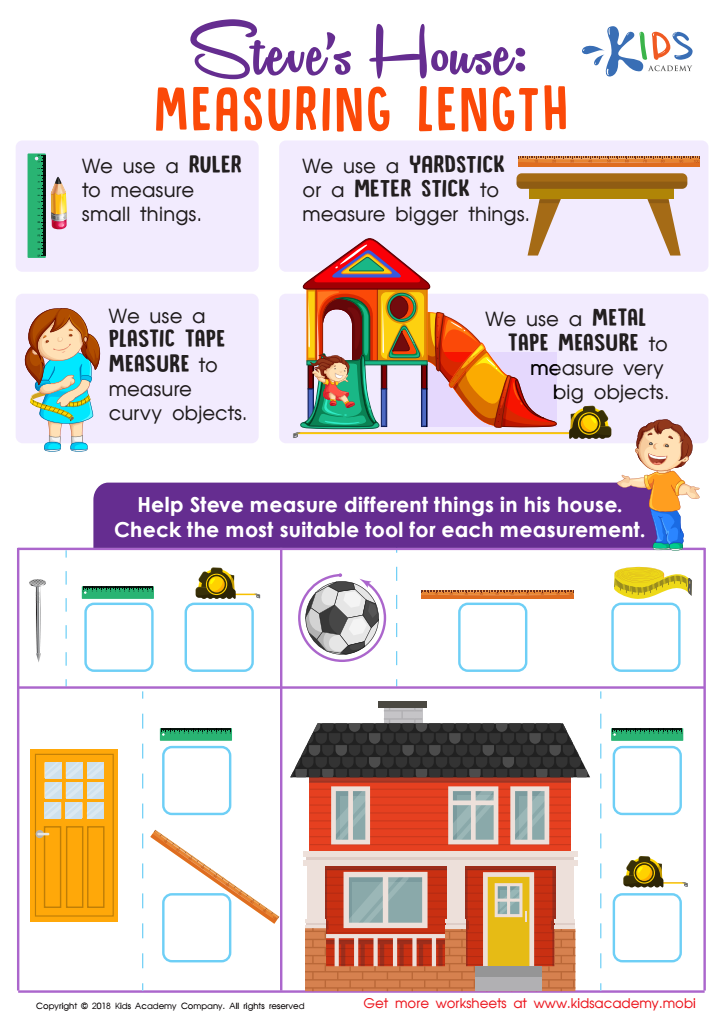

Steve's House: Measuring Length Worksheet
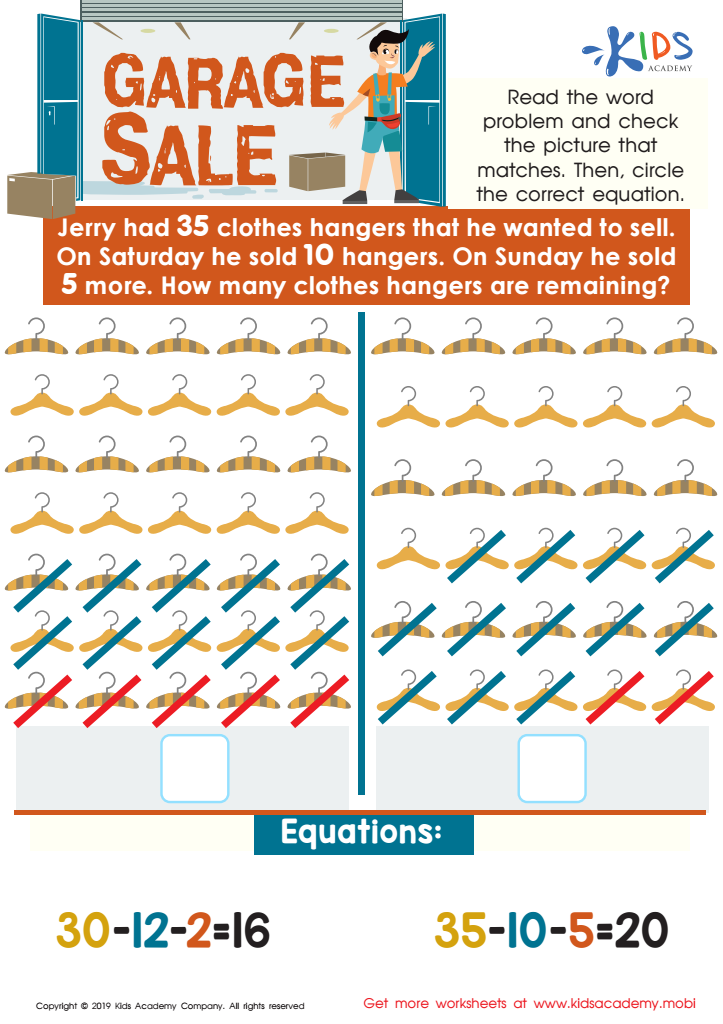

Garage Sale Worksheet
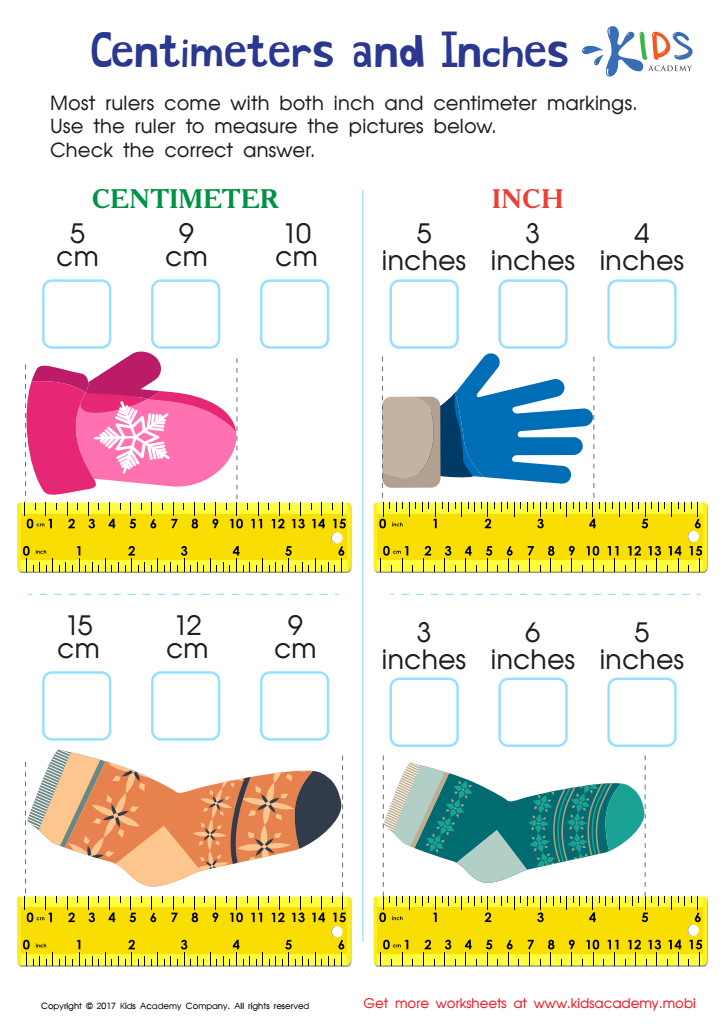

Centimeters and Inches Worksheet
Parents and teachers should prioritize the practical application of math in Grade 2 for several compelling reasons. At this developmental stage, children begin to transition from basic arithmetic to understanding how math connects to their daily lives. By integrating practical math experiences, educators can nurture a genuine interest in the subject, making learning relevant and engaging.
For example, everyday activities like shopping can introduce concepts such as addition, subtraction, and even basic budgeting. When children see how math is used in real-world scenarios, they develop critical thinking skills and problem-solving abilities essential for lifelong learning.
Additionally, practical math enhances retention. When students apply math to tangible situations, they are more likely to remember concepts, leading to a stronger foundation as they progress in their education. This real-world relevance motivates students and can improve their confidence in their mathematical abilities.
Furthermore, showcasing real-life math fosters collaboration and communication skills as children discuss concepts with peers or adults. Overall, practical math applications prepare students not just for academic success, but for informed and effective participation in a society that continually uses mathematical concepts throughout daily tasks and decision-making processes.
 Assign to My Students
Assign to My Students











